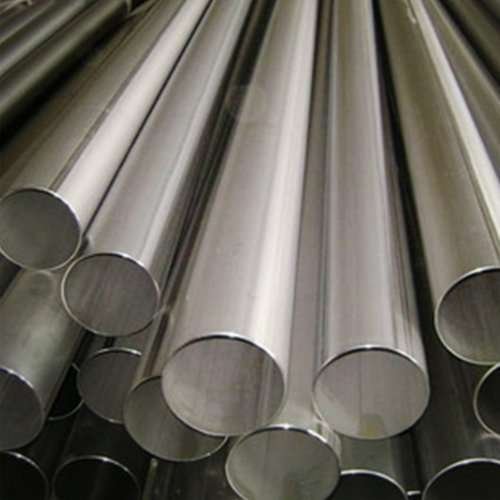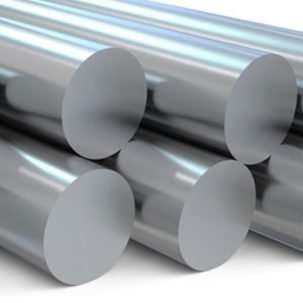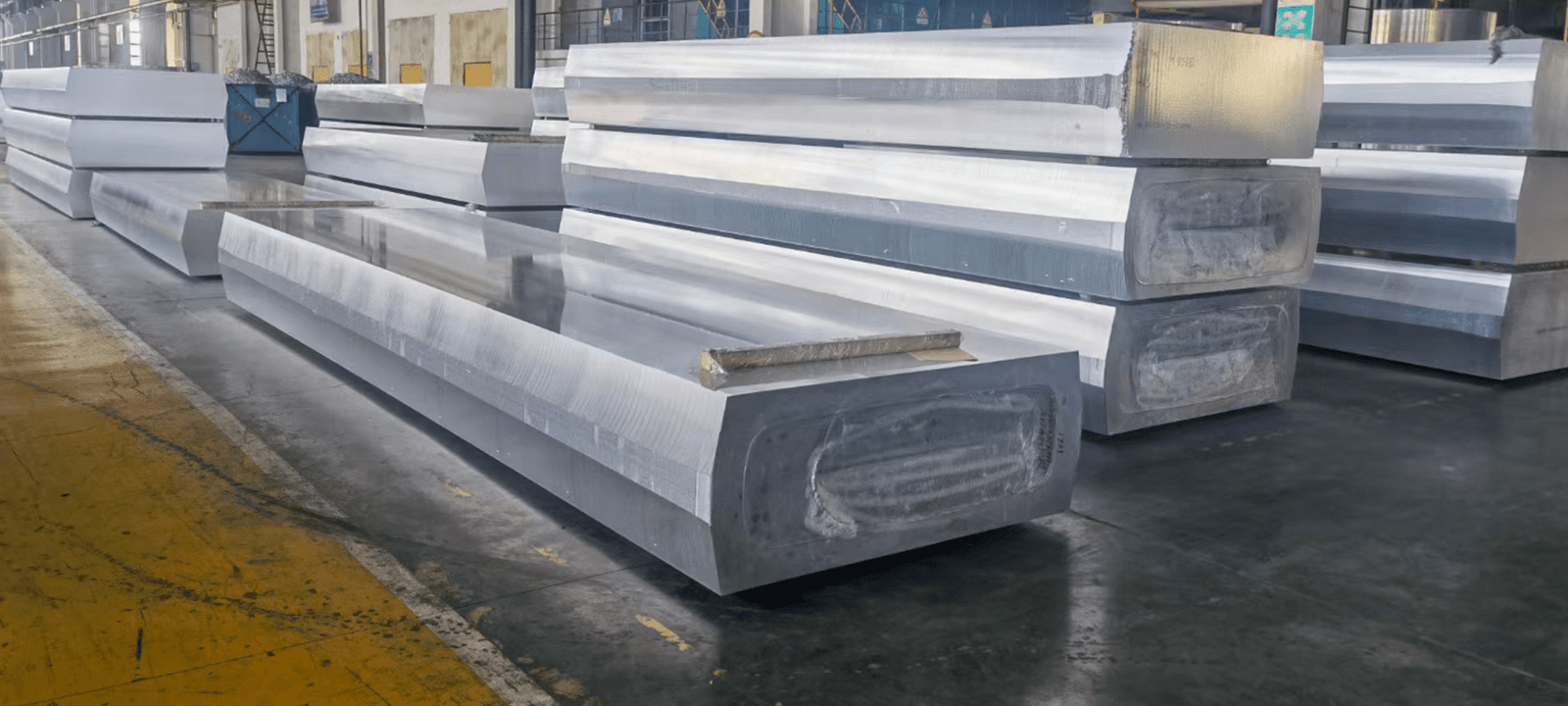HAYNES 188 alloy
- Excellent resistance to oxidizing environments, molten chloride salts, etc.
- High-temperature strength and efficient for long term use
- Good metallurgical stability and ductility
- Also known as high-performance alloys
Description
Overview:
Haynes 188 is a high-temperature alloy with good resistance to gaseous solidification and molten chlorides. The perfect composition of elements Cobalt-Nickel-Chromium-Tungsten with conventional techniques has been used to produce HS 188 alloy. The high chromium level makes the alloy more ductile and stable with effective weldability and resistance to oxidizing environments.
HS 188 is a solid solution material with excellent temperature strength when exposed to prolonged or elevated temperatures. The strength of Haynes 188 can beat the strength of a nickel-base alloy or a simple nickel-iron-chromium alloy. Small additions of Lanthanum make the alloy more tenacious and extremely stable.
Common Names:
- Haynes 188
- Alloy 188
- UDIMET 188
- UNS R30188
- Conicro 4023
- ATI 188
Executive Standards:
Rod, Bar, Wire, and Forging Stock:
- AMS 5772
Plate, Sheet, and Strip:
- AMS 5608
Welding Wire:
- AMS 5801
- B50TF74
Chemical Properties:
| Chromium (%) | 21-23 |
| Nickel (%) | 20-24 |
| Tungsten (%) | 13-15 |
| Iron (%) | Max 3 |
| Manganese (%) | Max 1.25 |
| Others (%) | Remainder |
Mechanical Properties:
| Yield Strength (MPa) | 446 |
| Yield Strength (ksi) | 65 |
| Tensile Strength (MPa) | 963 |
| Tensile strength (ksi) | 140 |
| Break Elongation | 55 % |
| Elasticity Modulus (GPa) | 232 |
| Elasticity Modulus (ksi) | 33600 |
| Hardness
(Rockwell C) |
32.1 |
Physical Properties:
| Density | Lb/In3 | 0.330 |
| g/cm3 | 9.14 | |
| Specific Heat/Conductivity | Btu/lb-oF | 0.096 |
| J/kg-°C | 12.1 | |
| Expansion Coefficient | 75-200 oF | 6.7 |
| 25-100 oC | 12.1 | |
| Dynamic Shear Modulus | GPa | 90 |
| psi | 13.0m | |
| Thermal Conductivity | W/m-K | 10.4 |
| BTU-in/hr-ft2–oF | 72.2 | |
| Electrical Resistivity | µohm-m | 101 |
| µohm-in | 39.6 | |
| Poisson’s ratio | No unit | 0.3-0.33 |
Key Features:
- Amazing high-temperature strength: The various elements used in the formation of Haynes 188 alloy combines excellent high-temperature strength with good resistance to uneven temperature and prolonged exposures.
- Readily fabricated: This Haynes alloy has good combining and welding characteristics. The alloy has a suitable ductility and is readily formed by cold working. It does not harden quickly and has frequent treatments for complex formations. The parts are rapidly cooled to maintain balance and stability.
- Heat treatment: Haynes 188 is formed and furnished in a heated solution at 2125-2175°F with rapidly cooling properties. The heating can also produce some carbide precipitation, which may affect the other alloy properties.
Product Forms Available:
- Plate
- Sheet
- Bar
- Wire
- Forgings
Applications:
- Fabricated applications
- Aerospace industry
- Military and commercial gas turbine engines
- Transaction ducts and burner components
- Liners
- Exhaust frames
- Combusters
- Flame holders
Possible Alternative Grades:
- PWA-LCS: The alloy has high corrosion resistance with mixed features and properties like workability and weldability.
- S-SPEC-1: High resistance to corrosion from oxidation and gaseous solidification with top mechanical and age hardening properties.
Frequently Asked Questions:
- Is Haynes used for cold working?
Yes, Haynes is used for cold working by implementing common methods.
- What is the forging range of Haynes 188?
Haynes 188 is forged by soaking at 1175°C.
- What is the heat treatment of Haynes 188?
Haynes 188 is heated at 2150°F, followed by cooling and soaking.
Get A Free Quote Now!







